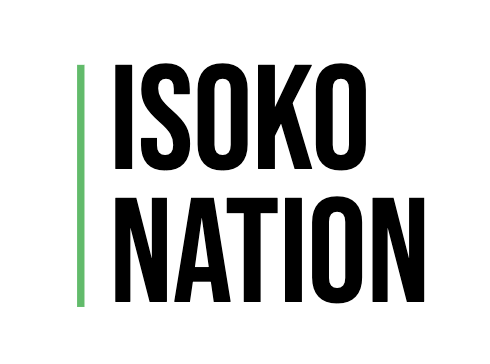The Isoko people are an ethnic group primarily residing in the Niger Delta region of Nigeria, particularly in Delta State. Known for their unique cultural identity, language, and traditions, the Isoko people are one of Nigeria’s many indigenous groups, with a rich history dating back centuries. Below is a detailed exploration of their origins, language, culture, economy, and contemporary significance.
Origins and Historical Background
The Isoko people are believed to be one of the earliest inhabitants of the Niger Delta region. Oral histories suggest a complex migration narrative, with ties to the Benin Kingdom, the Urhobo people, and possibly connections to ancient communities within the region. While the exact origins are debated among scholars, most agree that the Isoko settled in their current location several centuries ago, where they maintained a semi-autonomous existence due to the region’s natural boundaries of rivers and dense forests.
Language and Identity
The Isoko language, known as “Isoko,” is part of the Niger-Congo language family. It shares linguistic similarities with the neighboring Urhobo language, though they are distinct. The language serves as a vital part of Isoko identity and is spoken by approximately 1 million people. Efforts have been made to preserve and standardize the language, particularly through education and media. However, like many indigenous languages, it faces challenges from the influence of English and Pidgin in Nigeria.
Traditional Beliefs and Religion
Historically, the Isoko people practiced traditional African religions, worshipping various deities linked to natural elements like rivers, forests, and agriculture. These deities were believed to influence daily life, health, and agricultural success. Today, while traditional beliefs still hold cultural significance, Christianity has become the dominant religion. This shift occurred during colonial times, particularly through the missionary efforts of the early 18th century.
Christianity is widely practiced in Isoko land, with denominations such as the Roman Catholic Church, Anglican Church, and several Pentecostal groups holding a significant presence. Despite the prevalence of Christianity, many Isoko people still observe cultural rites that reflect traditional religious elements, blending both traditions in unique ways.
Economy and Occupation
The Isoko economy has traditionally been agrarian, with yam, cassava, and plantain as staple crops. Fishing is also an important occupation, especially for those living near rivers and creeks. In recent years, however, the discovery of oil in the Niger Delta has had a profound impact on the Isoko economy and society. Oil exploration and extraction have provided economic opportunities but also brought environmental and social challenges, including pollution and displacement.
The region’s oil wealth has attracted multinational corporations and spurred urban development, but many Isoko people argue that they see little of this wealth, with limited infrastructure improvements and ongoing poverty in some areas.
Culture and Social Structure
The Isoko culture places a strong emphasis on communal life and respect for elders. Family and extended kinship networks are central, with lineage tracing through both paternal and maternal lines. The role of elders is highly respected, as they serve as custodians of tradition and decision-makers in the community.
Marriage in Isoko culture is both a social and economic alliance. It involves families from both sides and often includes elaborate ceremonies that highlight the community’s role in the union. The Isoko people are also known for their vibrant dances, music, and festivals, which celebrate the seasons, harvests, and significant life events.
Challenges and Contemporary Issues
Like many indigenous groups in Nigeria, the Isoko people face challenges such as environmental degradation due to oil spills, inadequate infrastructure, and limited political representation. These issues are exacerbated by the region’s status as an oil-producing area, leading to a complex relationship between the community, government, and oil companies.
There are also efforts by organizations, such as the Isoko Development Union (IDU) and the Isoko Association of North America (IANA), to address these challenges by advocating for better infrastructure, social services, and economic opportunities for Isoko communities. These groups often focus on projects that aim to uplift the Isoko people and preserve their cultural heritage.
